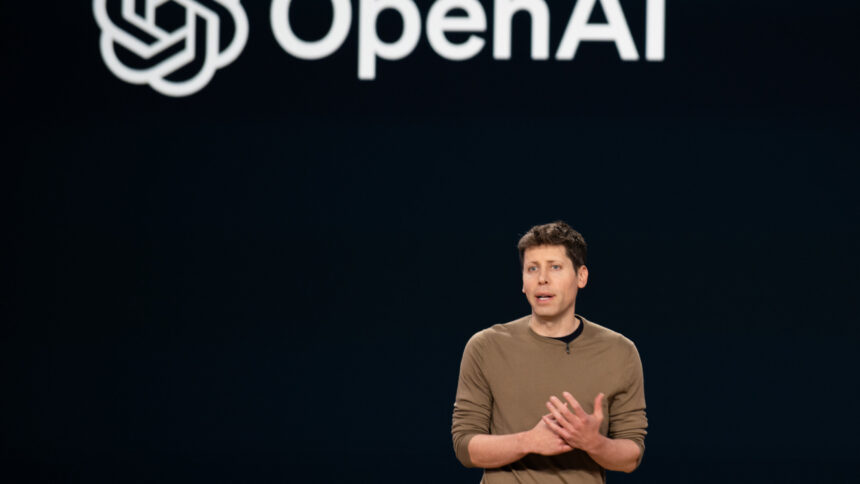OpenAI has surged to a staggering $500 billion valuation, making it the world’s most valuable private company, after employees and early shareholders sold $6.6 billion worth of stock in a secondary share sale.
The move underscores not only the growing appetite for artificial intelligence but also the shifting ways tech firms are navigating finance, employee retention, and investor expectations.
Unlike a traditional fundraising round, the money raised in this transaction did not go to OpenAI itself. Instead, it gave employees and former staff liquidity—turning years of paper wealth into tangible financial security.
This model reflects a growing trend among high-valued startups: using secondary share sales as a retention tool while avoiding fresh dilution of the company’s equity.
A New Benchmark for AI Valuations
The $500 billion valuation leapfrogs OpenAI above global giants in private markets, setting a new benchmark for how AI companies are valued. The deal attracted heavyweight investors including SoftBank, Dragoneer, Thrive, MGX, and T. Rowe Price.
The signal is clear: artificial intelligence is no longer just a promising field—it is now a central pillar of global capital markets.
While the deal reflects confidence in OpenAI’s future, it also sparks questions about concentration of power. A private AI company with half-a-trillion-dollar valuation wields enormous influence over economies, research directions, and even governments.
For competitors, especially smaller AI startups, the bar has now been raised dramatically. For regulators, this raises new urgency: how do you oversee entities that operate at near-sovereign levels of influence, but remain privately held and largely accountable only to their investors?
The development has ripple effects for Africa and other emerging markets. On one hand, OpenAI’s valuation highlights investor appetite for AI, potentially attracting more funding into the global South. On the other, it risks deepening dependence on Western AI giants for technology, infrastructure, and digital ecosystems.
If African startups cannot attract capital at scale, they may find themselves as consumers, not creators, in the next wave of AI.
Why it Matters
The secondary sale raises broader questions: will OpenAI head for a public listing, or continue to wield influence as a private entity? Will other AI firms follow the same path of employee-driven liquidity? And how will governments balance the promise of AI with the risks of concentrated, private power?
What is certain is that OpenAI’s valuation milestone has redrawn the boundaries of what technology companies mean for global finance—and for societies grappling with the impact of AI in daily life.
Talking Points
OpenAI just became the world’s most valuable private company at $500 billion, while Africa still struggles to get startups beyond the $1 billion “unicorn” mark. If this doesn’t show the imbalance in global tech capital flows, what will?
OpenAI staff are cashing out millions from stock sales, while African tech workers often face unpaid salaries, layoffs, or “equity promises” that never materialize. It’s a stark reminder that the future of work in tech is not equally rewarding across geographies.
If Western AI giants like OpenAI continue scaling at this pace, Africa risks becoming a consumer base, not a creator. We’ll be “renting intelligence” instead of owning it. That should deeply worry policymakers.





